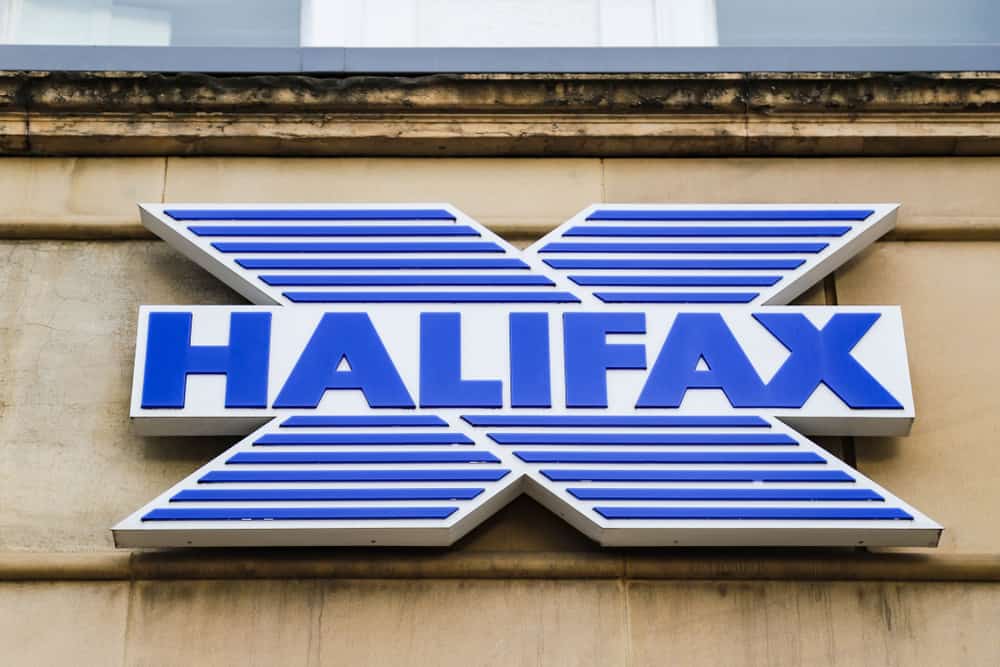
On a monthly basis, house prices rose by 0.3% and quarterly the price of property increased by 3.1%.
Overall, the average price of a home in the UK in January 2022 was £276,759.
Wales started the year as by far the strongest performing nation or region in the UK, with annual house price inflation of 13.9%. However, this is down marginally from December, with the average house price falling slightly to £205,253.
Northern Ireland also continued to record strong price growth, with prices up 10.2% on last year, leading to an average property value in January of £170,982.
House price growth remained strong in Scotland too, though the annual rate of inflation slowed somewhat to 8.9%, with the average property price edging down to £192,698.
In England, the North West was once again the strongest performing region, up 12.0% year-on-year, with an average house price of £213,200. It now has the second highest rate of annual growth in the UK.
While London remained the weakest performing area of the UK, the capital continued its recent upward trend with annual house price inflation accelerating for a third straight month to now stand at 4.5%. This was double the rate recorded in December and its strongest performance in over a year.
“House price growth slowed somewhat at the start of the year, rising by just 0.3% in January, the smallest monthly increase since June 2021,” said Russell Galley, managing director of Halifax.
“This followed four consecutive months of gains above 1%, and with annual growth remaining at 9.7%, the average UK house price was little changed, edging up slightly to a new record high of £276,759. Overall prices remain around £24,500 up on this time last year, and £37,500 higher than two years ago.
“Following the peak activity of 2021, transaction volumes are returning to more normal levels. Affordability remains at historically low levels as house price rises continue to outstrip earnings growth.”
Chris Hutchinson, chief executive of Canopy, added: “The house price growth continues with yet another rise.
“While there are still attractive low-deposit deals for first-time buyers, the increasing cost of living and rise of interest rates is causing ever more difficulty for potential homeowners to raise the funds necessary for a deposit and be in a strong position to pass the required affordability checks for a mortgage.
“At a time where the cost of living is rapidly increasing, the Government and the housing industry need to work together to encourage positive financial habits from the moment people begin renting.”
Ross Counsell, chartered surveyor and director at GoodMove, also added his thoughts – noting that despite the year-on-year jump, this was the smallest monthly increase in around six months.
“According to January’s Halifax HPI, house price growth has slowed at the start of the year, rising by 0.3% in January,” he said. “This marks the smallest monthly increase since June 2021.
“Saying this, however, house prices have still hit a record high of £276,759 – which is around £24,500 higher than this time last year, and £37,500 up from two years ago.
“So, what does this mean for the future of the property market in 2022?
“Although these statistics show that the property market is continuing to boom, I think it’s fair to say that we can expect house prices to fall this year.
“With the cost of living going up, many people will find themselves struggling to afford the increasing house prices and will not be looking to buy because of this. This means there will be less buyer demand which, in turn, leads to house prices falling.
“For anyone looking to buy a home, I would recommend waiting towards the middle of the year, when we may see the start of a reduction in house prices.”



